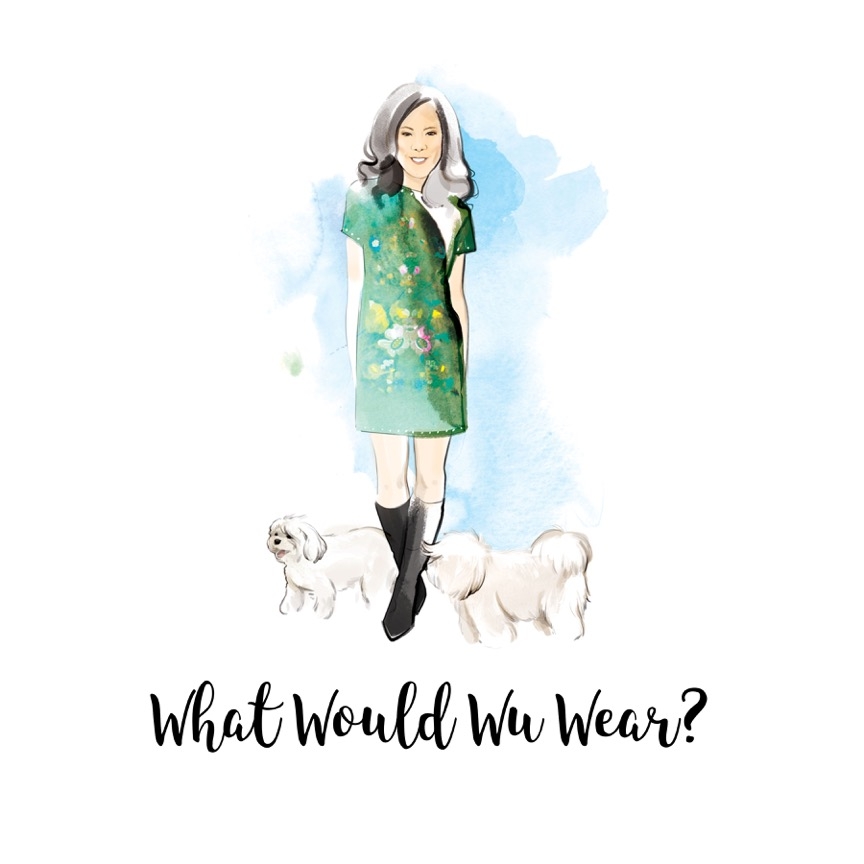Take ‘trust your gut’ with a grain of salt

Take ‘trust your gut’ with a grain of salt
As women, we have a complicated relationship with our instincts. How many times have we or women we know found ourselves in unpleasant situations because we “didn’t want to be rude” and said yes to the date we should have said no to? Or given somebody the benefit of the doubt when we should have kept our guard up?
On the one hand, we want to trust our instincts. And, for the most part, we should. The guy who gives us the creeps may, in fact, be a creep. And the suspicious-looking person slowly driving through your neighborhood may actually be a burglar.
But I’ve learned enough about unconscious bias to know that relying on first impressions – especially the kind we make in the blink of an eye – can be just another way to unfairly stereotype someone I don’t know the first thing about. The guy who gives us the creeps may just be nervous around women, and the driver casing your neighborhood could be looking for garage sales.
Said another way, it’s just as inaccurate for someone to assume I’ll be deferential because I’m Asian (I challenge you to find one person who will describe me that way) as it is to assume a young African-American male is in a gang.
Wrong first impressions come in all shapes and sizes. People I assumed would be solid workers turned out to be unreliable, or the friend I assumed would be trustworthy and kind revealed themselves to be neither.
Snap judgments are tricky. When we’re in a potentially dangerous situation, the proverbial stranger in a dark alley, for instance, we have to rely on our instincts to keep us safe (although, arguably, if we’re so concerned with our safety, we wouldn’t be in a dark alley to begin with). The prisons are full of harmless-looking people who parlayed their wholesome appearances into long careers as predators.
And a stroll through the history of white collar crime would reveal the wrongdoers to be men and women who looked and sounded trustworthy but were in fact bilking their friends, neighbors and investors out of their life savings. It’s only in hindsight that people realized Ken Lay and Bernie Madoff were selling nothing more than a trip to bankruptcy court.
So is the answer to stop trusting our instincts? Not at all. You should listen to that voice in your head. If something gives you pause, don’t brush your concern aside because your instincts are often dead-on.
But when time and circumstances allow – say, when we’re deciding where to put our money, or whether to hire someone – we should examine our snap judgments. Are we deciding based on little more than appearance? Or are we taking in all the available information and making a rational judgment?
We all need to examine our unconscious biases, because we all have them. Very few people consciously think “I don’t like that person because he/she is (name your minority group),” but plenty of people hold biased opinions that allow them to substitute “untrustworthy,” “scary” or “terrorist” for members of certain racial or ethnic groups.
We should all be on guard for the kinds of snap judgments that perpetuate racist, sexist or other kinds of biased judgments. And the best way to do that is by being aware that we’re as susceptible to bias as anybody else and by questioning our own assumptions. (Not sure what kinds of unconscious biases you hold? Here’s a link to an online quiz.)
Study after study has shown that, all other qualifications being equal, a résumé with the name “Jamal” at the top gets fewer interviews than the one from “John.” Or that a candidate named “Jennifer” gets a lower salary offer than one named “Andrew.” The Jennifers and Jamals of the world deserve the same shot at success as the Johns and Andrews.
But before we can fix the problem, we have to admit that we are part of the problem. And we can only do that if we acknowledge – and address – our own biases.
xo, Kathleen
